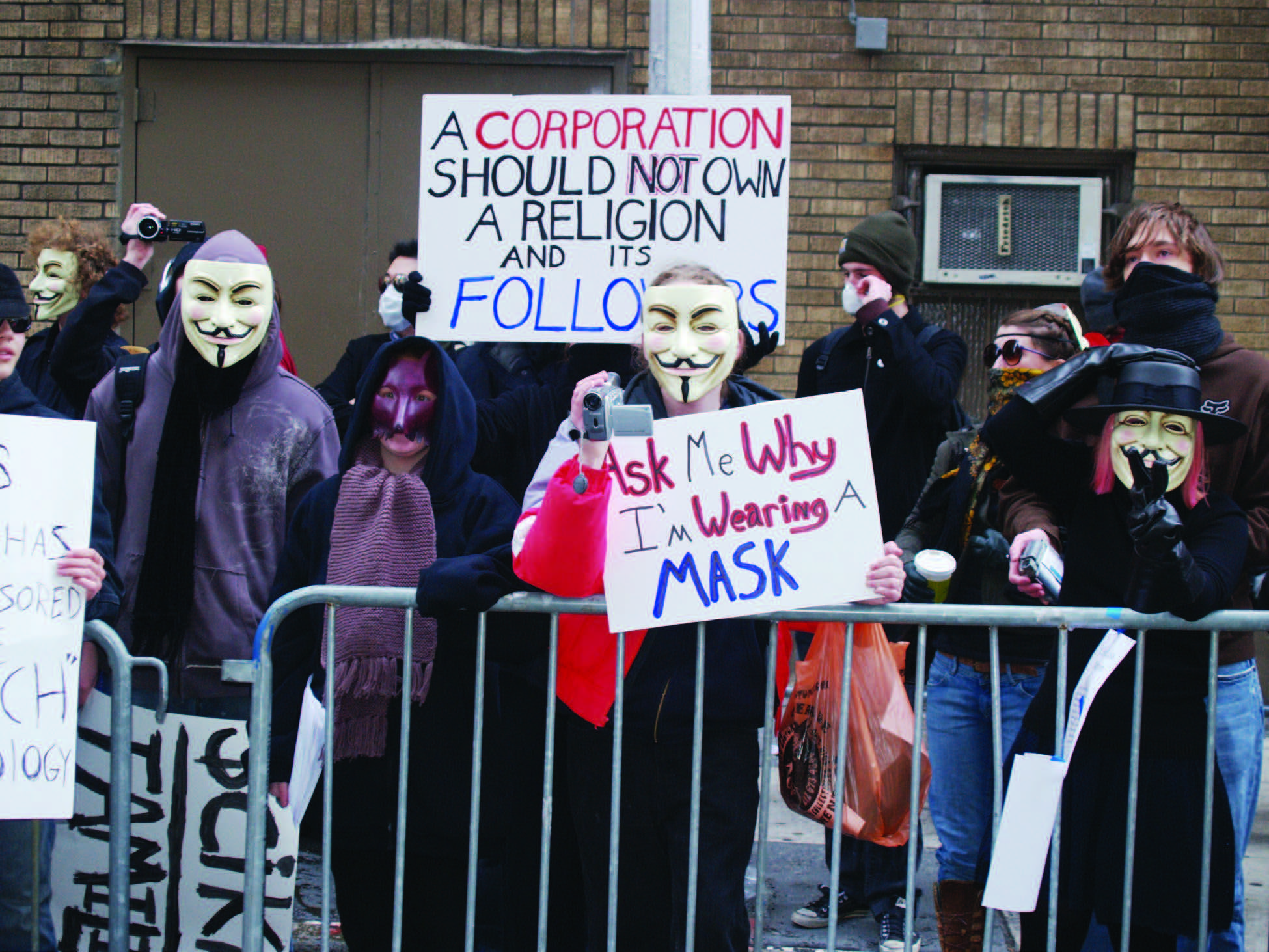
“Cults are in style again. Or at least it’s trendy to call things cults—everything from QAnon to SoulCycle,” writes Jesse Walker in Reason magazine (June). Up until recently, “cults,” or new religious movements (NRM), were thought to have little appeal for Americans, especially as compared to the decades of the 1960s to the 1990s. But J. Gordon Melton, an NRM specialist at Baylor University, says that while we may not be reliving the early 1990s, there has been an intensification of cult and anti-cult rhetoric in American culture. This can be seen in everything from documentaries on groups like Nxivm, the purported self-help group whose founder was convicted for sex trafficking, and Bhagwan Shree Rajneesh’s ashram, to renewed attention to closed and secretive religious groups and their role in spreading Covid-19. Walker conducted a search of the Internet Archive’s TV News Archive and found “a systematic increase in the use of the word cult since November 2019,” both in terms of local news stories and in broader contexts.
Cultic rhetoric and accusations have circulated particularly around politics and politicians, whether in liberal media accounts of devotion to Donald Trump or conservative suspicions about the wave of political “wokeness” emerging during the past year. The rhetoric around transgender rights has pitted parents against their children, charging that they have been brainwashed by the transgender movement. Even anti-cult figures from the past, such as deprogrammer Rick Ross, have made a reappearance to revive theories of brainwashing. [A recent New York Times article assigning the “cult” label to the late Mother Teresa’s Missionaries of Charity may be another example.] But the elusive phenomenon of QAnon has generated the most cultic speculation. Interestingly, while it used to be parents who were worried about their children becoming “brainwashed” from NRM involvement, today it is often young adults who accuse their parents of succumbing to the mind control of QAnon, Walker writes.
QAnon itself has absorbed older conspiracy theories about the threats of Satanic cults and pedophiles. But Walker adds that the high estimates of QAnon’s influence among Republicans and even the far right may be inflated, as they tend to bundle views that are not necessarily associated (such as animosity toward “elites” and more well-known QAnon conspiracies). Actually, only about seven percent of Americans hold to QAnon theories, and many such individuals could not even explain those theories when asked by interviewers. The FBI’s designation of QAnon as a “domestic terror threat” also misses the mark, according to Walker, because Qers are largely passive in their beliefs, waiting for an event called “The Storm” to put things right. Even if disappointed Qers were among the January 6 rioters, Q is still viewed by more militant rightists as “the opium of the Trumpite masses,” Walker writes.
(Reason, https://reason.com/2021/05/16/cult-country/)

Source: David Shankbone, 2008 (Wikimedia Commons)